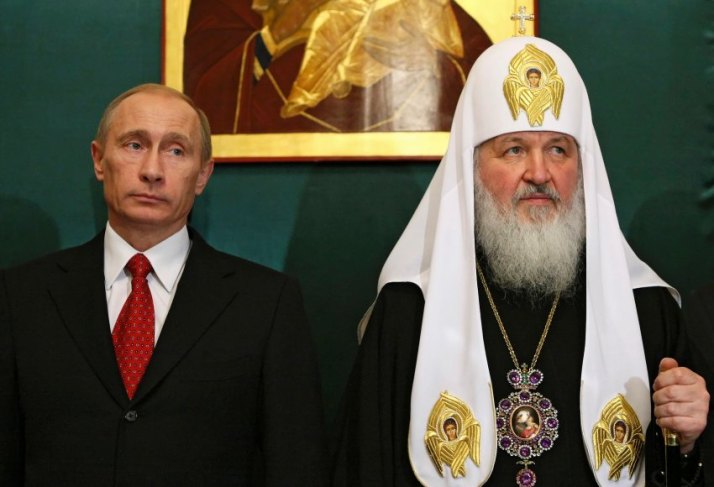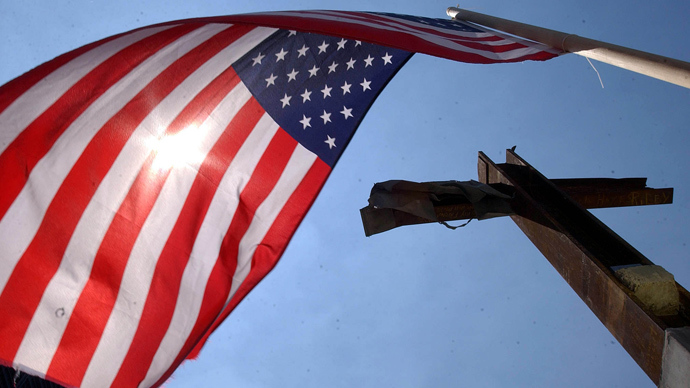
Raif Badawi was sentenced to 10 years in prison and 1,000 lashes for setting up a website that championed free speech in the autocratic kingdom. His blog, the Saudi Free Liberals Forum, was shut down after his arrest in 2012.(The Guardian)
This is a brilliant example of the tensions between Western ideas of secularisation, the advance of technology and conservative religious societies such as Saudi Arabia. It is a perfect example for Marxism because clearly the Saudis will not tolerate a critical analysis of their ‘religious’ approach to governance and thus supports the idea that religion is utilised by the hegemon to oppress the powerless majority. The example can also be used within the social change debate – clearly religion is being used an excuse to maintain the status quo and restrict any challenges.
Here are some quotes from the blog:
“Secularism respects everyone and does not offend anyone … Secularism … is the practical solution to lift countries (including ours) out of the third world and into the first world.”
“No religion at all has any connection to mankind’s civic progress. This is not a failing on the part of religion but rather that all religions represent a particular, precise spiritual relationship between the individual and the Creator. ..However, positive law is an unavoidable human and social need because traffic regulations, employment law and the codes governing the administration of State can hardly be derived from religion.”
http://www.theguardian.com/world/2015/jan/14/-sp-saudi-blogger-extracts-raif-badawi








